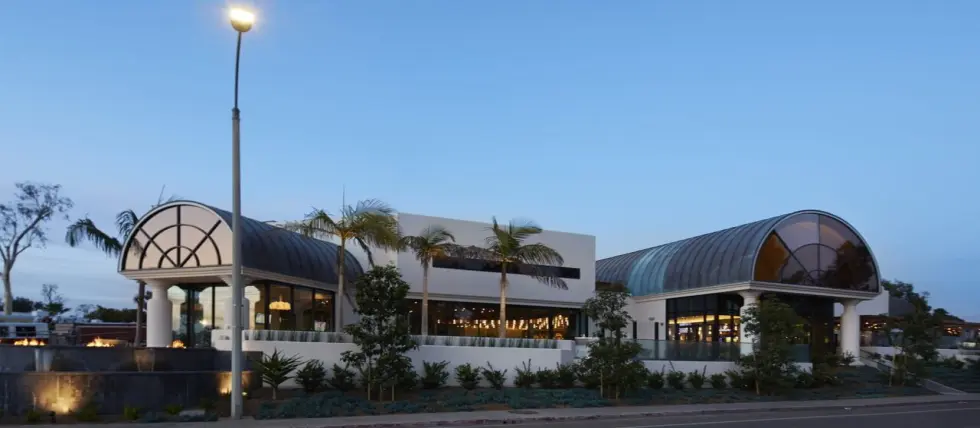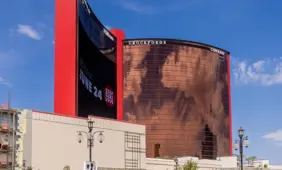California Casino Operators Face Lawsuit over Alleged IP Theft
A federal judge in New York has ruled that a lawsuit brought by Transient Path LLC against two California casinos can proceed, allowing allegations of misappropriation of trade secrets and breach of contract to be heard in court. The decision, handed down by Judge Loretta Preska of the U.S. District Court for the Southern District of New York, dismissed claims of copyright infringement but affirmed the validity of other accusations.

In her ruling, Judge Preska stated that the casinos in question, Stones South Bay Corp., which operates under the name Seven Mile Casino, and King's Casino Management Corp., must face the breach of contract and trade secret misappropriation claims made by Transient Path LLC. Transient Path contends that these casinos violated their licensing agreements, leading to the unauthorized use and reverse engineering of the company's proprietary gambling software.
Related: Legal Headaches Mount for Light & Wonder as Second Infringement Lawsuit AppearsAccording to the complaint, the casinos were granted access to Transient Path's software under specific terms that prohibited reverse engineering or any unauthorized use of the software's source code. However, Transient Path alleges that Stones South Bay Corp. and King's Casino Management Corp. disregarded these terms, leading to the misappropriation of trade secrets.
Judge Preska's decision to allow the breach of contract and trade secret misappropriation claims to proceed suggests that the court found sufficient grounds to consider these allegations. The judge, however, dismissed the claims of copyright infringement, indicating that Transient Path did not provide adequate evidence of direct copying of the software by the defendants.
More Business News
 Business
Business
Fitch Analysts Paint Potentially Dire Picture of US Casino Operators' Future in Macau
Apr 25, 2025Intellectual Property Lawsuits on the Rise
The legal dispute highlights the complexities of intellectual property rights in the gaming industry, where software and technology play crucial roles in the operation of modern casinos. Trade secret misappropriation claims often hinge on whether a company has taken reasonable steps to protect its proprietary information and whether the defendant improperly acquired or used that information. In this case, Transient Path argues that the casinos' actions caused significant harm to the company.
The case also underscores the importance of licensing agreements in the technology sector, particularly in industries where software is a critical component of the business. Licensing agreements are designed to protect the interests of the software developers by outlining specific terms under which their products can be used. Any violation of these terms can lead to legal action, as demonstrated by Transient Path's decision to sue the two casinos.
For now, the case remains in its preliminary stages, with both sides preparing for the next steps in the legal process. The eventual resolution of this lawsuit will likely depend on the ability of Transient Path to prove that the casinos indeed violated the terms of their licensing agreements and misappropriated trade secrets in a manner that justifies legal recourse.
RELATED TOPICS: Business
Most Read
Must Read
 Interviews
Interviews
Sweepstakes Casinos: Thriving in an Ever-Changing Industry – Interview with Attorney Stephen C. Piepgrass
Feb 17, 2025 Interviews
Interviews






Review this New Post
Leave a Comment
User Comments
Comments for California Casino Operators Face Lawsuit over Alleged IP Theft